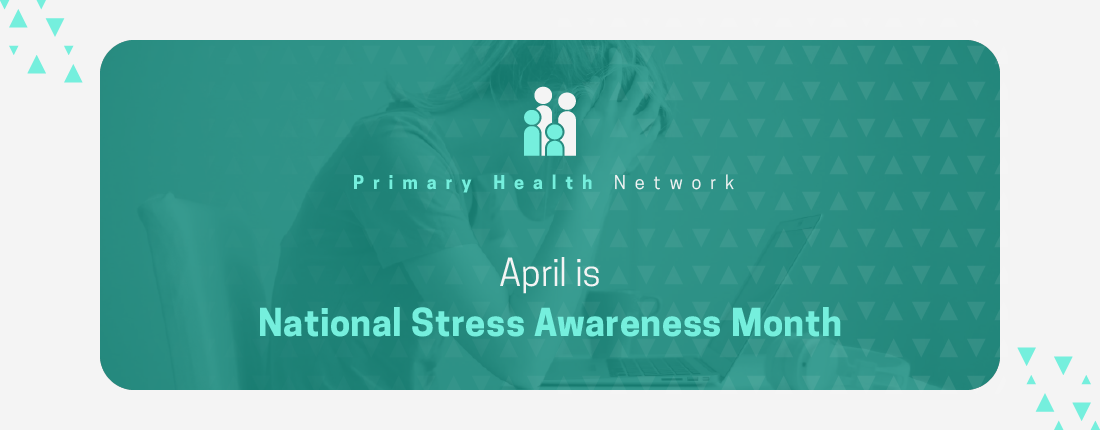Stress, a ubiquitous aspect of modern life, affects individuals of all ages, backgrounds, and walks of life. In recognition of stress’s profound impact on mental and physical well-being, we observe April as Stress Awareness Month. This serves as a platform for raising awareness, fostering understanding, and promoting coping mechanisms to navigate the complexities of stress.

The Impact of Stress
Stress manifests in various forms, stemming from sources such as work pressure, financial strain, etc. Its effects extend beyond discomfort, often permeating every facet of life, impairing cognitive function, straining relationships, and compromising overall health. Chronic stress is troublesome, contributing to health conditions, including anxiety disorders, depression, cardiovascular diseases, and immune system dysfunction.
Raising Awareness for Stress Awareness Month
Stress Awareness Month aims to dismantle the stigma surrounding stress and mental health and foster open dialogue and understanding. Through educational initiatives, individuals are encouraged to recognize the signs and symptoms of stress and understand its impact. By fostering a culture of empathy and support, we can replace the silence surrounding stress-related struggles with compassion and solidarity.
Promoting Coping Strategies for Stress Awareness Month
Promoting resilience-building practices and effective coping strategies is central to Stress Awareness Month. Mindfulness techniques, such as meditation and deep breathing exercises, offer invaluable tools for managing stress and cultivating inner calm. Physical activity, adequate sleep, and a balanced diet are essential in bolstering resilience and mitigating the adverse effects of stress. Fostering strong social connections and seeking professional support when needed are crucial components of a comprehensive stress management plan.
Creating Resilient Communities During Stress Awareness Month
Addressing stress requires an approach that goes beyond individual efforts and encompasses systemic change. Employers, educational institutions, and policymakers are pivotal in creating environments that prioritize well-being, mental health, and societal resilience. Organizations can foster cultures of wellness and resilience by implementing policies that address the impacts of stress.

This month reminds us to prioritize mental health and well-being in our fast-paced world. By fostering understanding, promoting effective coping strategies, and advocating for systemic change, we can collectively work towards building stress-resilient communities where individuals thrive. Together, let us embark on a journey of self-discovery, resilience-building, and mutual support as we navigate the complexities of modern life with grace and resilience.
Learn More With PHN:
Connect with our PHN Blog to learn more health tips and news or visit our Facebook & Instagram to see all the exciting things we are up to.
